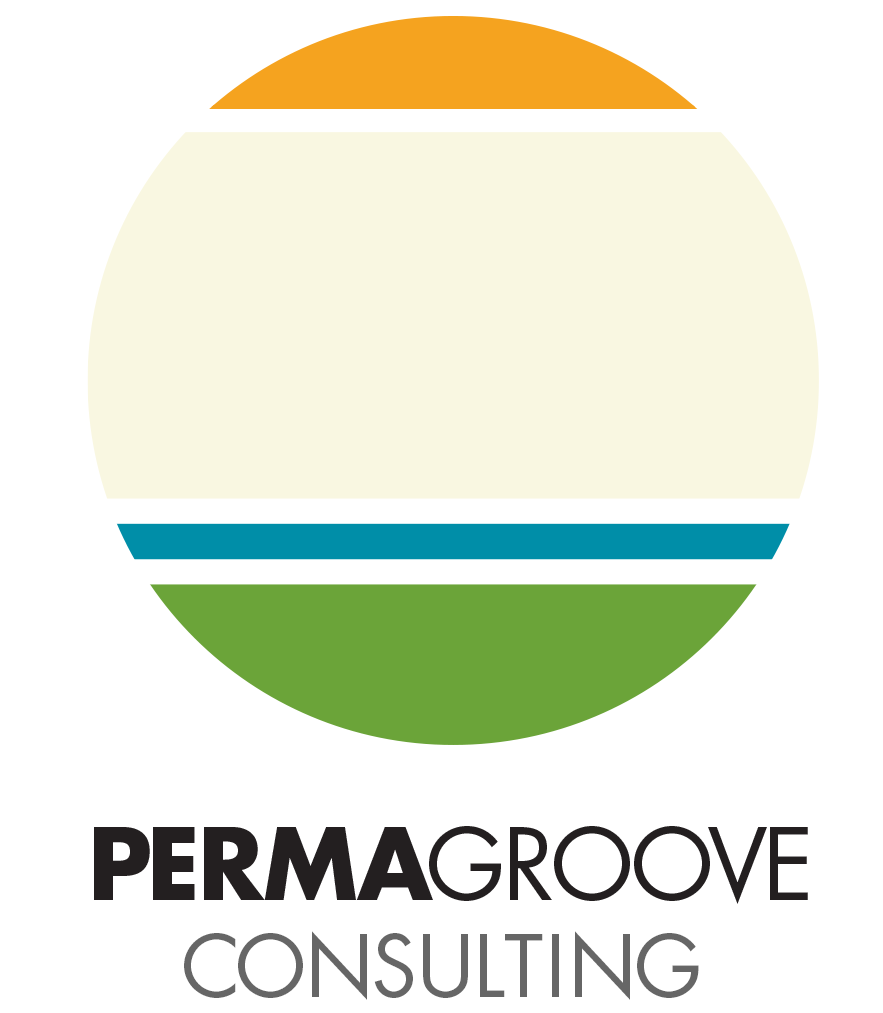Hot flashes Diagnosis & treatment
Learn the risks, treatment options, and find relief from dependency. Discover the dangers of drug use during pregnancy and its impact on unborn babies. Unveiling the mechanisms, risks, and complications of amphetamine-induced hyperthermia. From addiction to treatment options, explore the neurological battlefield. Discover signs, impact, and treatment options for cannabis use disorder.
It may also help other menopause symptoms, such as vaginal dryness or mood disorders. But this may not be a good option for you if you are at risk of breast or endometrial cancer, heart disease, stroke, or blood clots. Just because you have hot flashes doesn’t mean you’re necessarily in perimenopause or menopause. Some medical conditions and medicines may also cause hot flashes or night sweats.
Hot flushes after drinking alcohol can happen for a variety of reasons, including drinking too much or as a symptom of a hangover. Read all about what does a hot flash feel like during menopause here, including management and treatment methods for ultimate relief. Drinking any amount of alcohol is linked to an increased risk of certain cancers, including esophageal cancer, colorectal cancer, and female breast cancer. Consuming two to five drinks a day during menopause is considered excessive sfbt worksheets and may harm a woman’s health, according to the North American Menopause Society. Most women can still drink during menopause, just not to excess. Major research on the connections between women’s health and alcohol consumption during menopause is summarized below.
How does alcohol affect menopause symptoms?
Millions of women suffer from strong sensations of heat that can have a negative impact on their quality of life. Certain substances, such as alcohol, can raise overall body temperature and propel the body into the onset of menopausal hot flashes. In order to avoid suffering, women should moderate their alcoholic intake, especially during the menopausal years. It is important to note that approximately 80% of women experience hot flashes and night sweats during menopause, with 30% having severe symptoms. Therefore, it is crucial to be mindful of alcohol consumption and its potential impact on these symptoms and overall health. This means that the risk of experiencing hot flashes increases with higher levels of alcohol consumption.
What Is a Hot Flash?
So can certain medications, including antidepressants and steroids. If your clothing or your bedroom temperature causes you to sweat, it’s not considered night sweats. However, a more serious cause of night sweats is alcohol consumption. It can happen if you have an alcohol use disorder, binge drink, or even if you’ve only had one drink. Extensive, prolonged, or heavy alcohol consumption at any point in time is a health risk.
Alcohol and Hot Flashes during Menopause
- Enhance your psychological flexibility and reclaim your mental health.
- Dilated blood vessels cause the skin to feel warm and flushed, which can trigger the release of sweat.
- Overcoming predispositions to substance use disorders with strategic approaches.
- Discover evidence-based practices and ethical considerations for successful outcomes.
Hot flashes are a symptom of menopause that can happen as soon as you begin skipping periods or having irregular menstrual cycles. On average, menopause happens in your late 40s to early 50s. Some people have hot flashes for a few months, while others have them for years. A typical hot flash lasts between one and five minutes each time.
Hot flashes are one of the most common symptoms of menopause. In fact, more than 80% of people experience hot flashes during menopause, generally when menopause is first starting. Hot flashes at night can cause drenching sweat that soaks through your night clothes, waking you up and preventing you from getting back to sleep.
About Medical News Today
Discover the potential of THC as a treatment for depression. Explore genetic factors, risks, and treatment approaches. Discover the facts and statistics about psychosis, shedding light on its prevalence, causes, and treatment options. Substance use disorder (SUD) is a chronic disease affecting brain regions responsible for reward, motivation, learning, judgment, and memory, leading to severe consequences.
— Posted on July 26, 2022 at 7:30 am by permagroove

